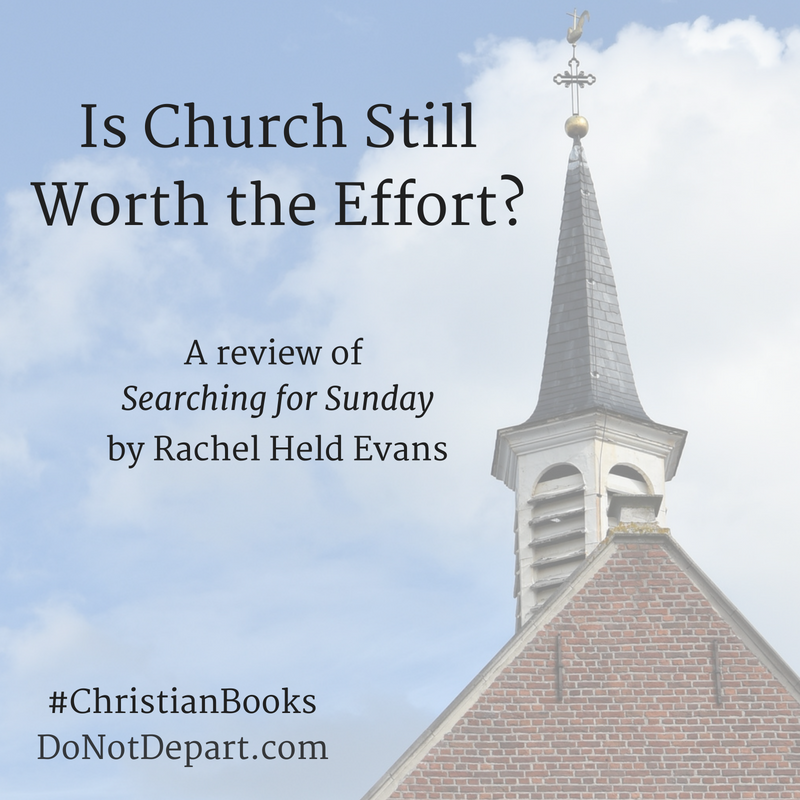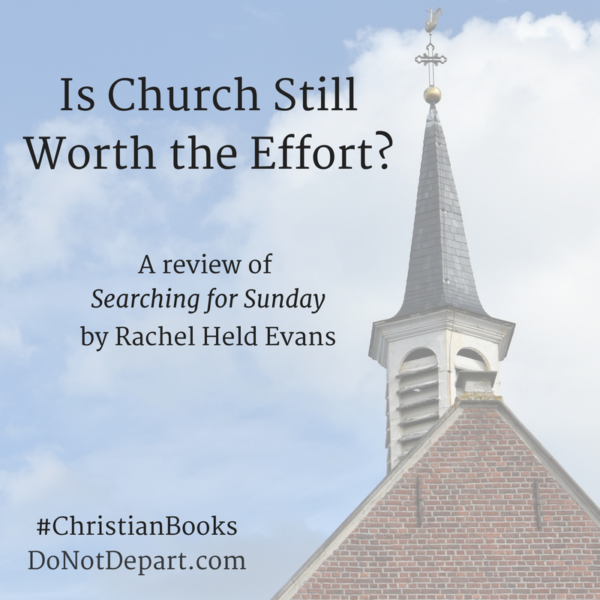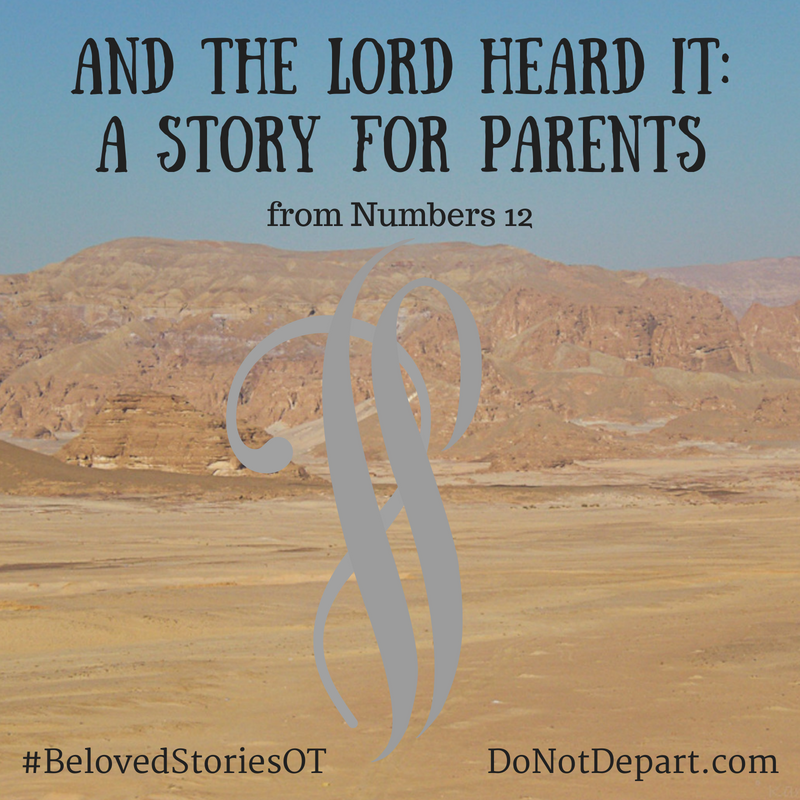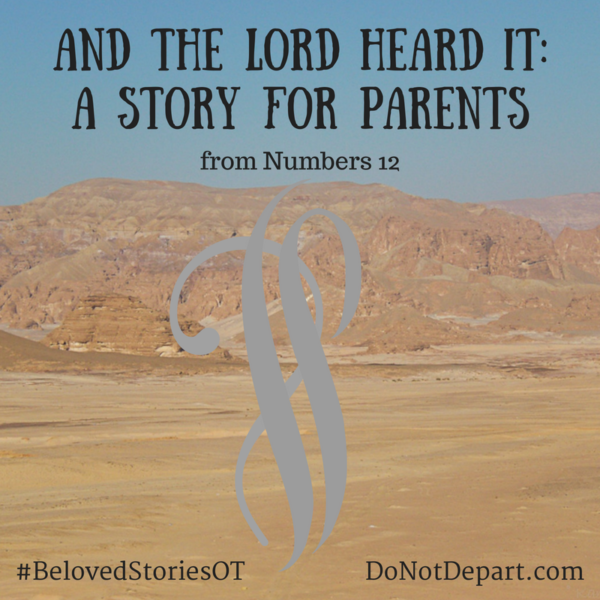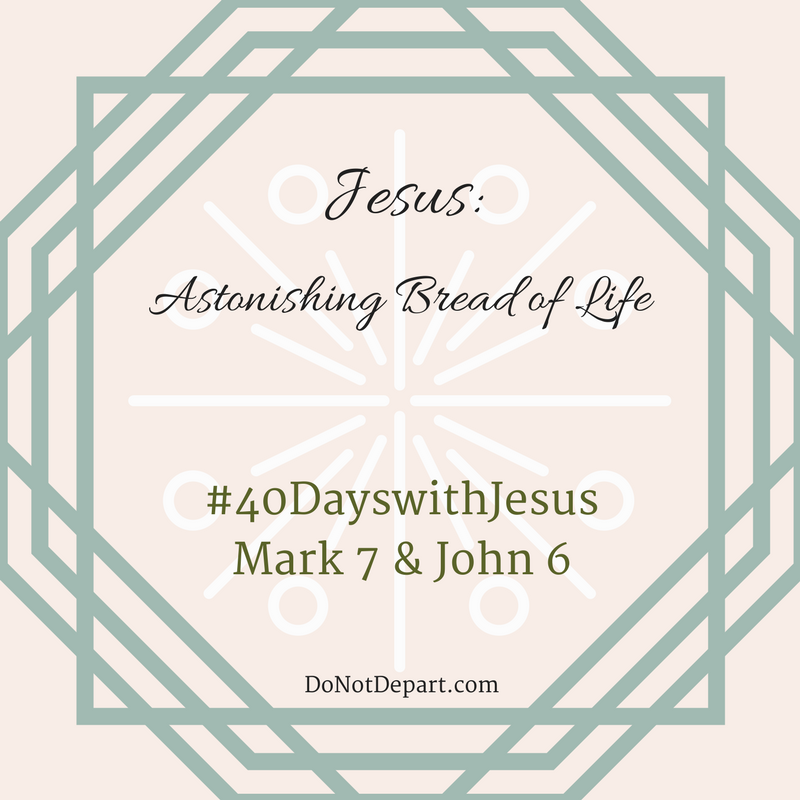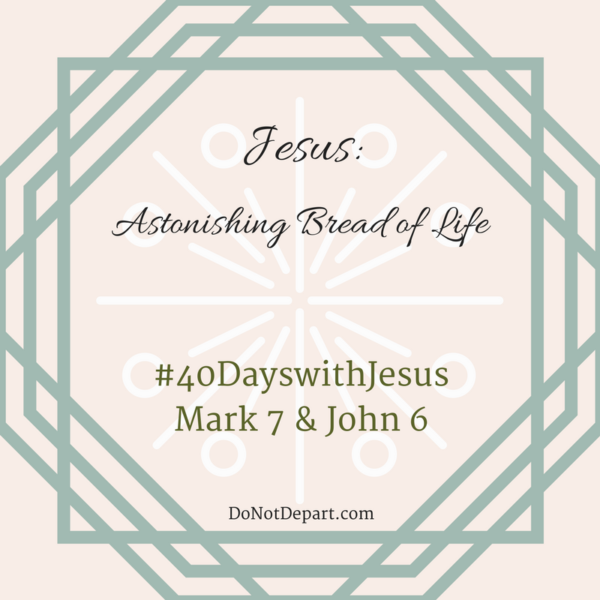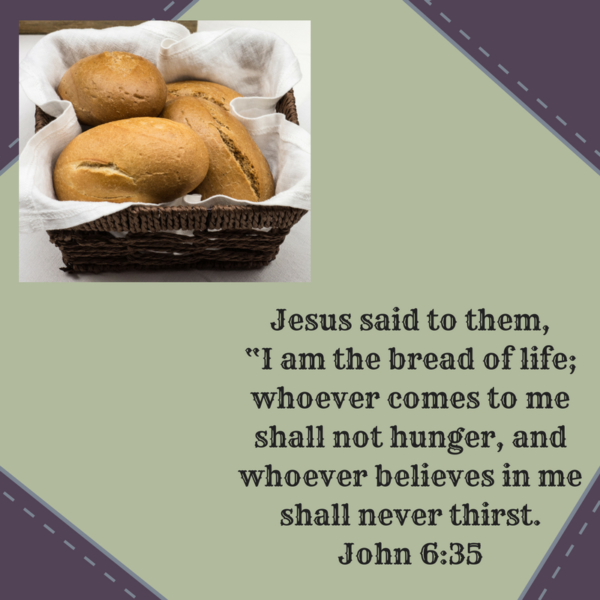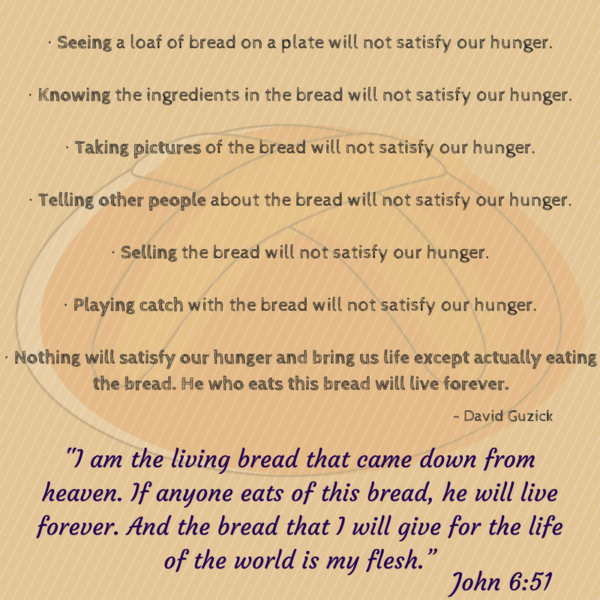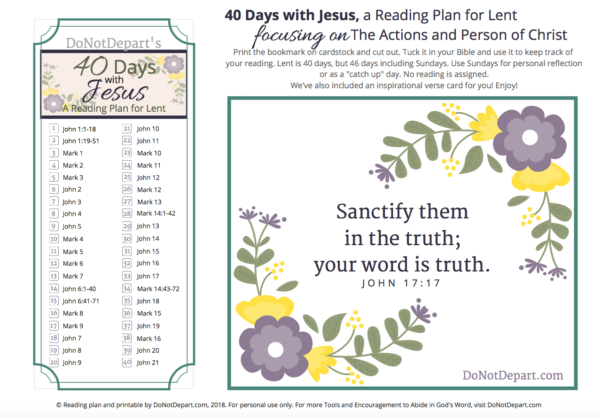We talked last month about transformation, the power of Christ working in the lives of men and women in the New Testament to give them new hearts, new attitudes, and new life. (If you missed it, check it out here!) On our own we might be able to make surface changes, but true transformation come from spending time with Jesus.
This month we’re digging a little deeper into how that happens by practicing our theology.

The heart cannot love what the mind does not know. – Jen Wilken, Women of the Word
Valentine’s Day is right around the corner and while I enjoy a general romantic gesture as much as the next gal – flowers, candy, etc. – my heart skips a beat when my husband shows how well he knows me. Little things like getting me a book by my favorite author, bringing me a tea or a coffee when we swap the kids, or planning a date night in with Chinese food and a movie.
Theology is about knowing God. Not just facts about him but knowing his heart and his mind.
“And by this we know that we have come to know him, if we keep his commandments. Whoever says “I know him” but does not keep his commandments is a liar, and the truth is not in him, – 1 John 2:3-4
We get to know him by spending time with Jesus (John 14:6-7). We spend time with Jesus by studying – reading, analyzing, and applying – the Bible (John 1:14).
Be In The Word: Read
Like training for a marathon, reading and studying are skills that can be learned and practiced. The more we do it, the easier it becomes.
Francis Schaeffer, a 20th century theologian and pastor (and great mentor of my faith!) grew up in a household that did not know or worship God. His wife, Edith, writes in their autobiography, The Tapestry, about how he first encountered the Bible:
The more time we spend in the word, the more we become like the Word. Click To Tweet“How did he read it? Who helped him to understand? No one gave him any suggestions. He wouldn’t have known who to ask and in any case, he had no idea there was any way to read it, other than to read it in the same way as any other book. He started at the beginning of Genesis and read to the end. If you want to know why Fran has such a high regard for the Bible and feels it is adequate in answering the questions of life, the answer is right here. As a seventeen-year-old boy with a thirst for the answers to life’s questions, he began to discover for himself the existence of adequate and complete answers right in the Bible.”
Think About the Word: Analyze
Jesus said the most important commandment, of all the laws God gave us, is to love him with our whole being, including our thoughts! (Mark 12:30) Paul encourages believers to “be transformed by the renewal of your mind, that by testing you may discern what is the will of God, what is good and acceptable and perfect.” (Romans 12:2)
To test is to measure the quality or reliability of something. To discern means to perceive or recognize. He wants us to think about him!
Paul put it another way in his letter to the Philippians when he said, “Finally, brothers, whatever is true, whatever is honorable, whatever is just, whatever is pure, whatever is lovely, whatever is commendable, if there is any excellence, if there is anything worthy of praise, think about these things.” (4:8)
He gives them (and us!) this list, not as a restriction, but to serve as a standard by which we can judge what we study. We can read the stories of David and Bathsheba or David and Abigail and discern how their behavior measures up in the eyes of the Spirit.
Do the Word: Apply
He goes on in verse 9 to say, “What you have learned and received and heard and seen in me—practice these things, and the God of peace will be with you.”
In the introduction to this series, Ali reminded us that the point of all this – of thinking about theology and how it relates to our life – is to make us doers of the word!
Jesus said when we follow his commands and apply what we’ve learned, we are like the wise man who built his house on the rock (Matthew 7:24), prepared for and safeguarded against the storms of life.
Poet William Blake wrote, “We become what we behold”. Continuously reading the Bible changes our hearts because it changes our minds.
What tips do you have for reading the Bible? #PracticalTheologyClick To Tweet“You keep him in perfect peace whose mind is stayed on you, because he trusts in you. Trust in the LORD forever, for the LORD GOD is an everlasting rock.” (Isaiah 26:3-4)













